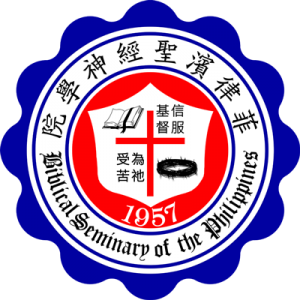Empires and communities in the post-Roman and Islamic world, c. 400-1000 CE [electronic resource] / edited by Walter Pohl and Rutger Kramer.
Series: Oxford studies in early empiresPublication details: New York : Oxford University Press, c2021.Description: ix, 467 pages : illustrations, maps ; 25 cmContent type:- text
- computer
- online resource
- 9780190067946
- 9780190067960
| Item type | Current library | Call number | Status | Date due | Barcode | |
|---|---|---|---|---|---|---|
 eBooks
eBooks
|
Digital Library | Available |
Includes bibliographical references (pages 367-436) and index.
Introduction: Empires and communities in the post-Roman and Islamic world -- The emergence of new polities in the break-up of the Abbasid Caliphate -- The emergence of new polities in the break-up of the Western Roman Empire -- Comparative perspectives: differences between the dissolution of the Abbasid Caliphate and the Western Roman Empire -- Fragmentation and integration: a response to the contributions by Hugh Kennedy and Walter Pohl -- Historicizing resilience: the paradox of the Medieval East Roman state - collapse, adaptation, and survival -- Processions, power, and community identity: east and west -- Death of a patriarch: the murder of Yūḥannā ibn Jamī (d. 966) and the question of 'Melkite' identity in Early Islamic Palestine -- Diversity and convergence: the accommodation of ethnic and legal pluralism in the Carolingian Empire -- Franks, Romans, and countrymen: Imperial interests, local identities, and the Carolingian conquest of Aquitaine -- From the sublime to the ridiculous: Yemeni Arab identity in Abbasid Iraq -- Loyal and knowledgeable supporters: integrating Egyptian elites in early Islamic Egypt -- Concluding thoughts: empires and communities.
"Empires are not an under-researched topic. Recently, there has been a veritable surge in comparative and conceptual studies, not least of pre-modern empires. The distant past can tell us much about the fates of empires that may still be relevant today, and contemporary historians as well as the general public are generally aware of that. Tracing the general development of an empire, we can discern a kind imperial dynamic which follows the momentum of expansion, relies on the structures and achievements of the formative period for a while, and tends to be caught in a downward spiral at some point. Yet single cases differ so much that a general model is hardly ever sufficient.There is in fact little consensus about what exactly constitutes an empire, and it has become standard in publications about empires to note the profusion of definitions.Some refer to size-for instance, 'greater than a million square kilometers', as Peter Turchin suggested. Apart from that, many scholars offer more or less extensive lists of qualitative criteria. Some of these criteria reflect the imperial dynamic, for instance, the imposition of some kind of unity through 'an imperial project', which allows moving broad populations 'from coercion through co-optation to cooperation and identification'"--


